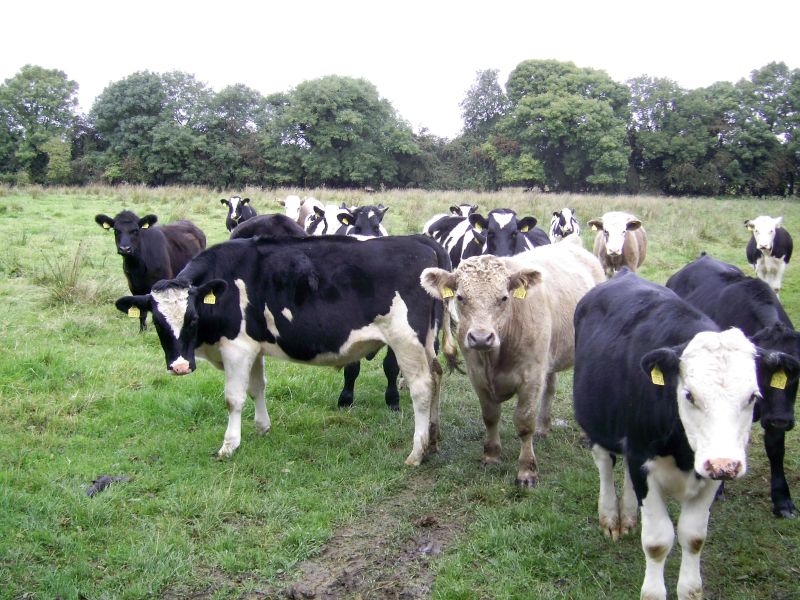
The NFU is calling for urgent action to tackle the current crisis in the dairy sector ahead of an industry-wide roundtable.
Defra Secretary of State Elizabeth Truss will chair the meeting tomorrow (Wednesday) in central London.
NFU President Meurig Raymond said: “The NFU is pleased that the Secretary of State has listened to our calls for a dairy roundtable discussion so we can start to look at finding both short and longer term solutions for the extreme market volatility that’s been undermining the confidence of dairy farmers up and down the country. I believe there are five main areas that we need to focus upon.
“Firstly – the whole dairy industry stood behind the ‘Leading the Way’ strategy last June – we still need that strong and united commitment from across the dairy industry and a programme of action to ensure that we achieve its aims – an elimination of UK dairy trade deficit by 2025.
“Obviously in the short term there are more pressing concerns. We’re calling on Government, banks, processors and retailers to fully recognise the severity of the current situation and call for relief measures such as immediate payment of overdue SPS payments and a lifting of the EU dairy intervention price.
“On the supply chain we need to implement the recommendations of the voluntary code review and develop more balanced ways of managing risk in contracts when quotas are removed. Milk buyers have a responsibility to provide fairer, more transparent contracts to their suppliers and not use this market situation to take advantage of them.
“Farmers also need to understand that there is strength in numbers, and working together in producer groups can benefit all through stronger negotiation and bargaining power. Government can help promote the positive aspects of producer groups to encourage uptake.
“And finally risk management. Volatility is here to stay so we need farmers to be able to access measures to manage it. This includes the ability to average profits over a longer period, improved milk pricing mechanisms such as use of formulas, consideration of cost production and longer term pricing. For the future, we need to learn from successful models in New Zealand and the US where farmers can manage risk by utilising dairy futures markets.
“Now is not the time to allocate blame for what is a worldwide collapse in dairy prices but rather to unite in the cause of British dairy farming.”
